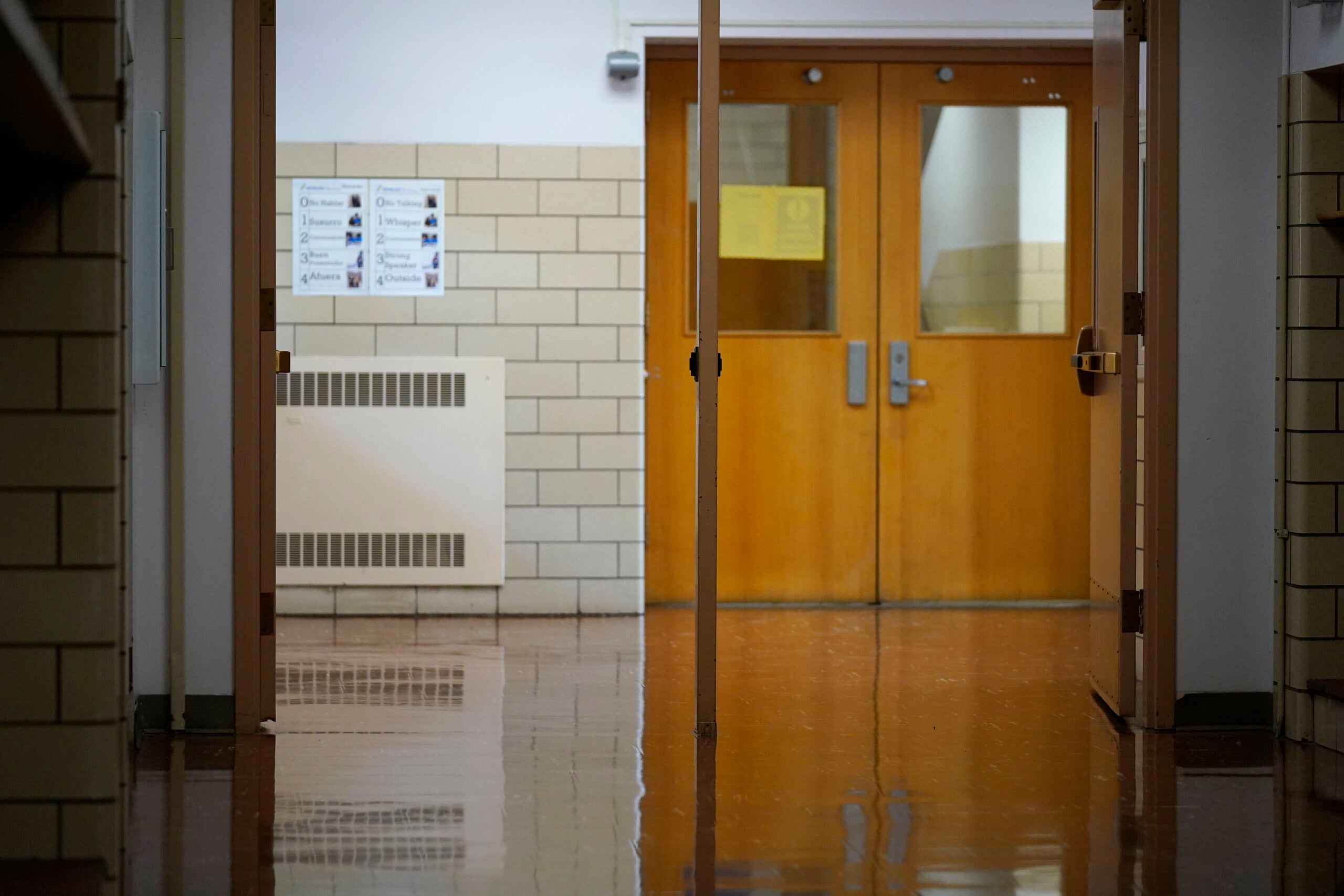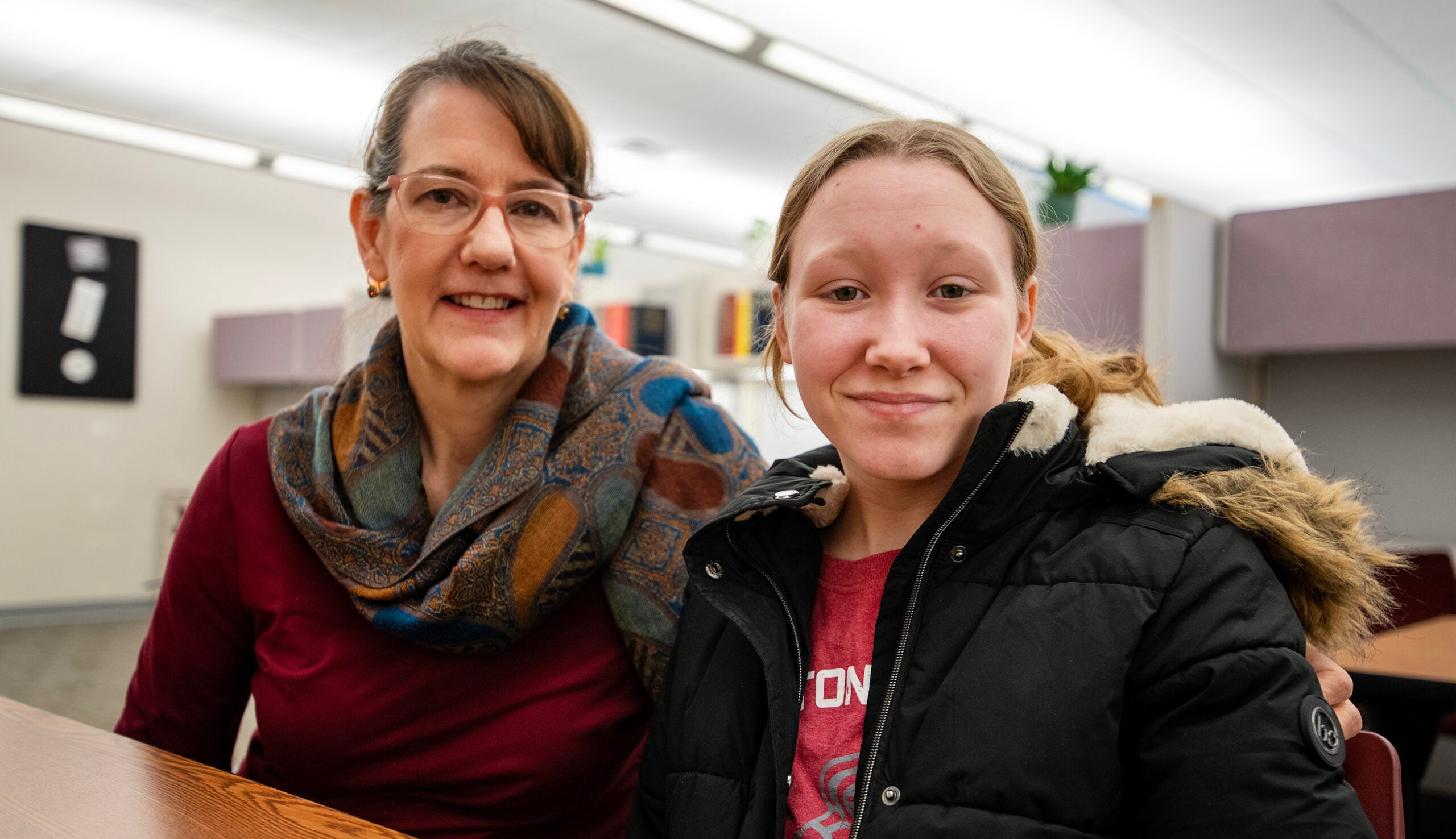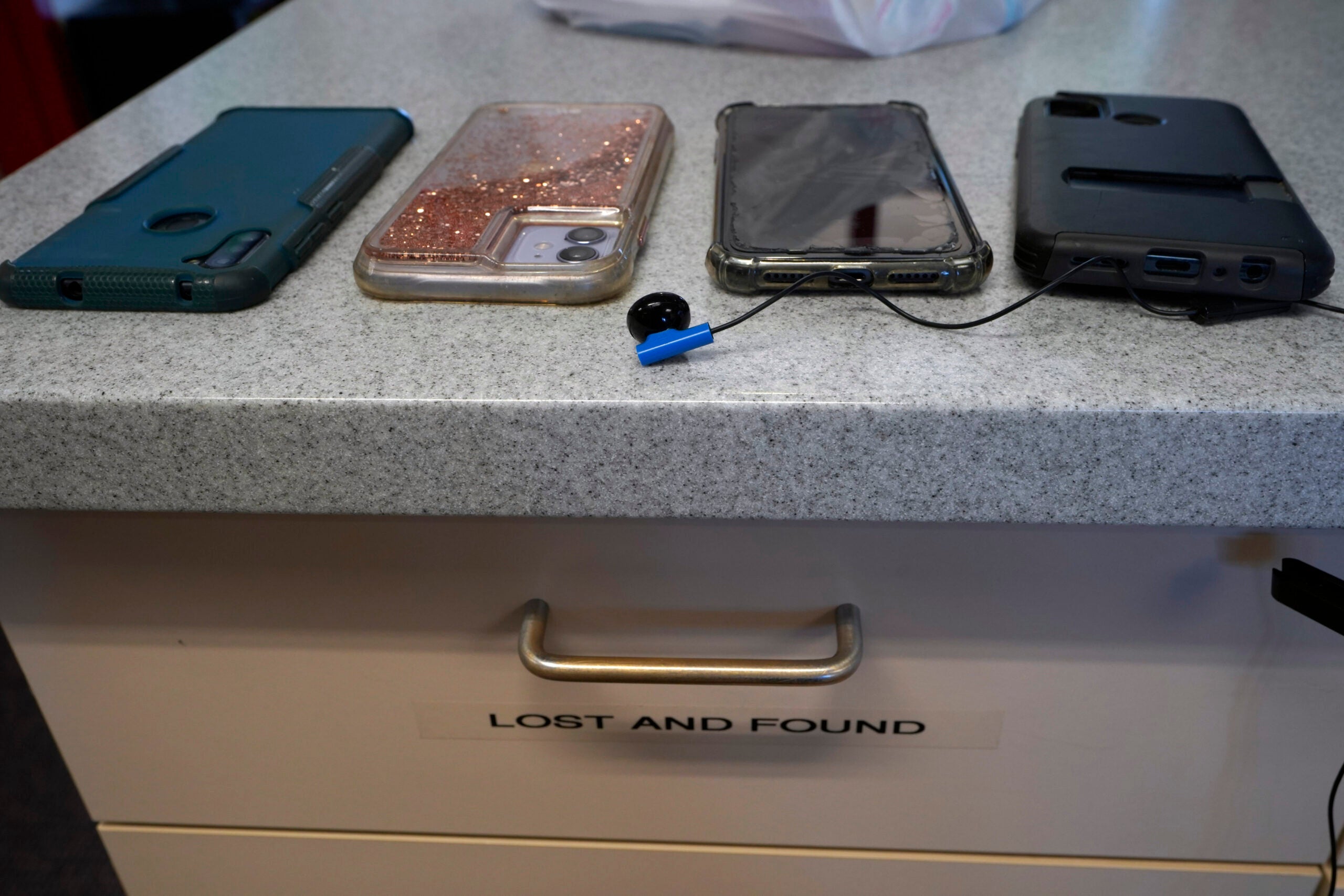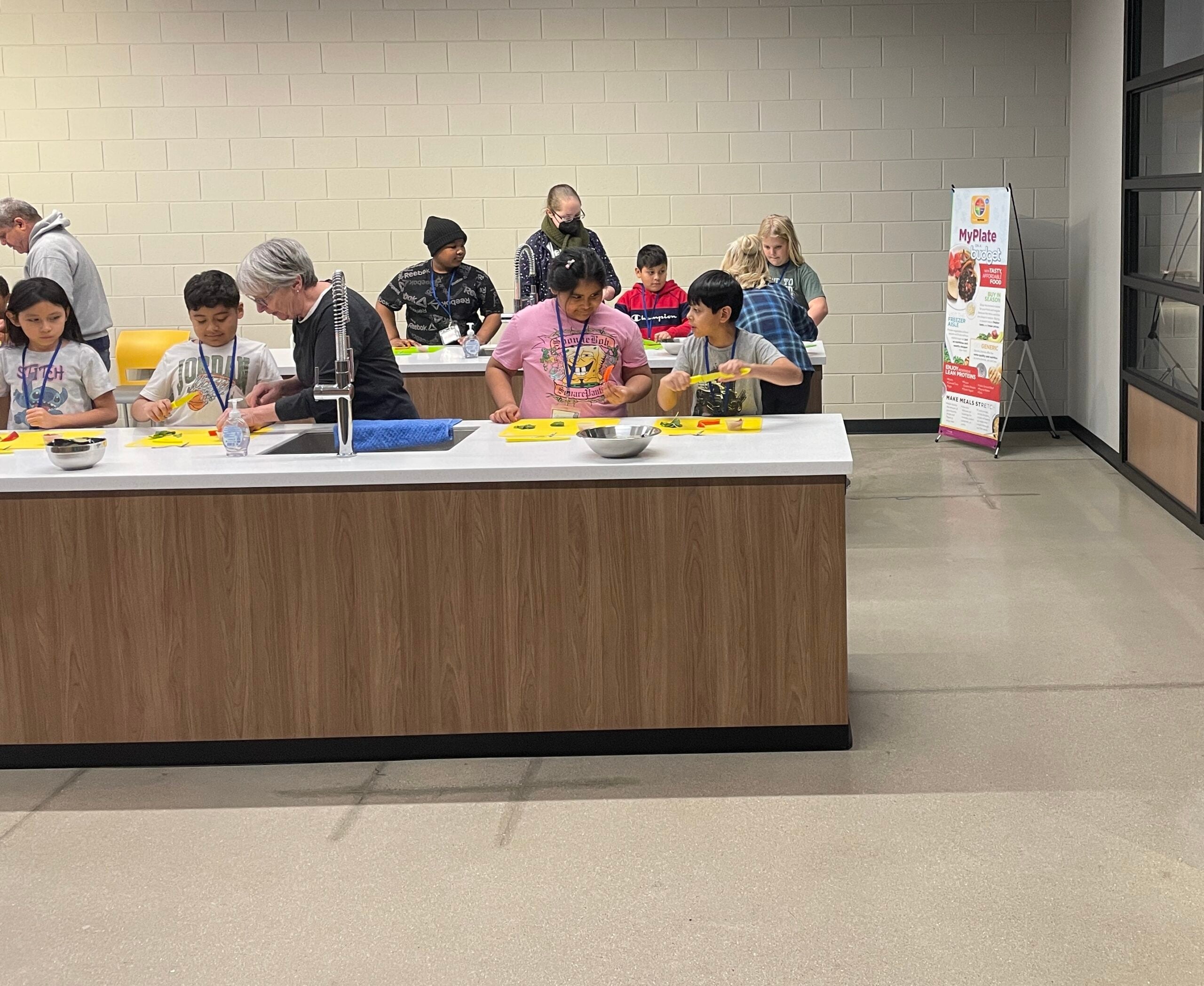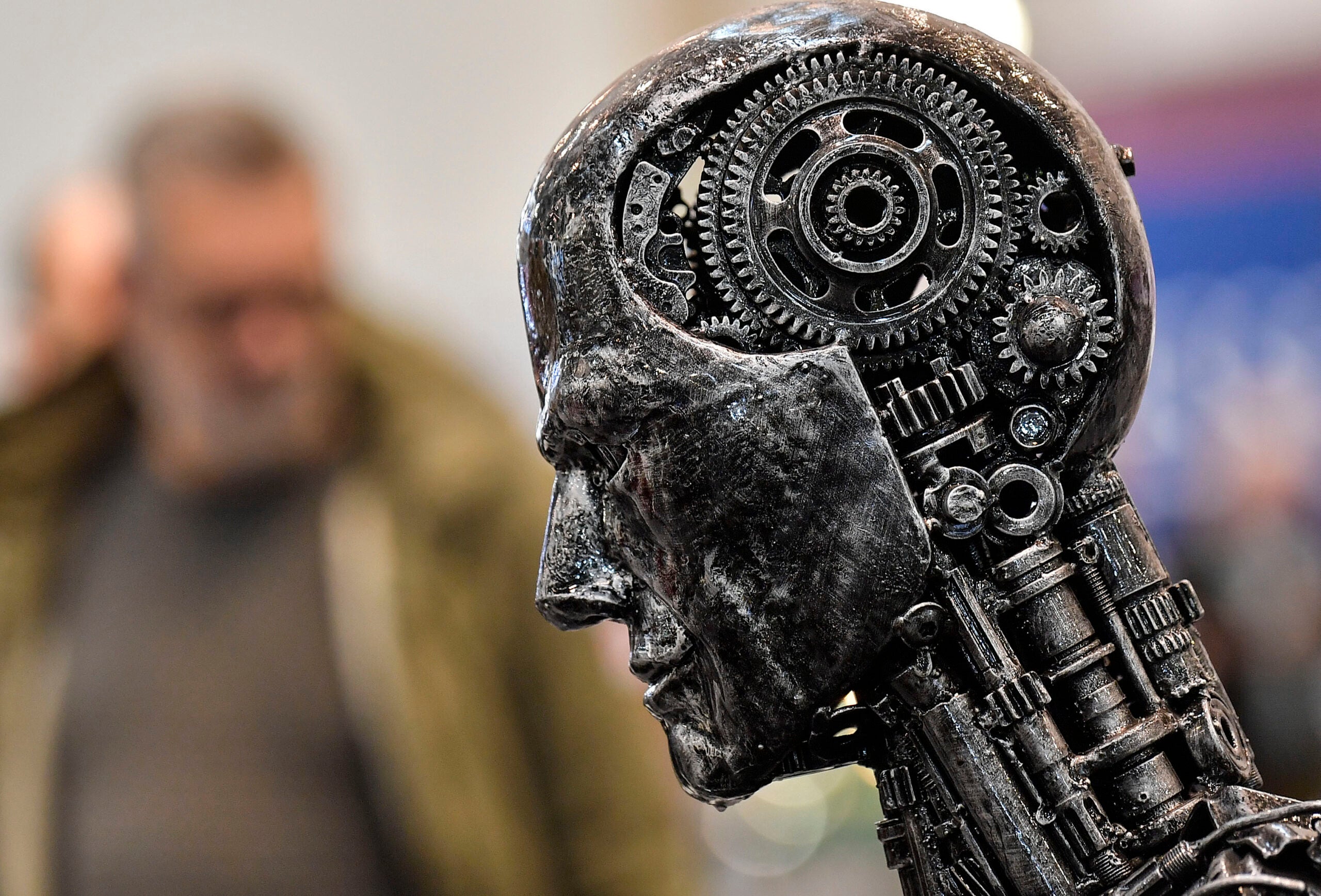Republican Assembly Speaker Robin Vos announced the formation of four bipartisan task forces last month that will focus on education and the future of artificial intelligence.
Vos said the task forces, including childhood obesity, truancy in K-12 education and human trafficking, are issues the state assembly and public want addressed.
“The task forces will travel around Wisconsin obtaining input and innovative ideas in order to compile recommendations,” Vos said in a statement.
Stay informed on the latest news
Sign up for WPR’s email newsletter.
Vos, R-Rochester, did not return repeated requests for comment.
Each task force has an Assembly Republican chair and an Assembly Democratic vice-chair. The committees will begin meeting this month with the hope of completing work before the end of the year.
Vos’ task force on childhood obesity will study circumstances contributing to childhood obesity, including physical activity, nutrition, medical and other root causes and factors.
The truancy group will look at the relationship between truancy and student academic success and evaluate the current practices to hold parents and schools accountable for student attendance, according to Vos’ office.
Since the pandemic, student attendance has gotten worse. The state’s attendance rate reached a new low of 91 percent in the 2021-22 school year and nearly a quarter of students missed at least a month of school.
A student is considered chronically absent when they attend less than 90 percent of school days. The overall attendance rate for Wisconsin high school students was 89.7 percent.
The Department of Public Instruction has been focused on this issue, as well as childhood obesity and AI, said a spokesperson.
State Superintendent Jill Underly said Vos has not reached out to DPI about his new task forces.
“These are issues the Department of Public Instruction is actively working on, and it would be great if the department could be part of the conversation,” Underly said. “It’s not too late if he wants to get us engaged because we have lots of people with expertise that could certainly help.”
Vos’ task force on AI was announced a day after Gov. Tony Evers signed an executive order to create his own task force on workforce and AI within the Department of Workforce Development.
Artificial Intelligence is becoming a focus across the state and country as the industry continues to grow and change the way people do business.
State Rep. Joel Kitchens, R-Sturgeon Bay, who chairs the Committee on Education, said he’s happy to see the task forces have been created, although he is not serving on them.
He said he’s particularly interested in AI and how it will relate to education as the teachers shortage continues.
“It’s not something I know a lot about, but clearly it’s something that will be part of our lives,” Kitchens said. “(The task forces) are a good opportunity to take a deeper dive into these things we need to learn more about. I think over the years a lot of good legislation has come out of these things.”
But Sen. Chris Larson, the ranking democrat on the Senate Committee on Education, said the new task forces will be a waste of time.
Larson pointed to the Blue Ribbon Commission on School Funding, which released more than 200 recommendations in 2019.
“Even the easy things that could have been done for school districts never moved forward,” Larson said. “You’ll have to ask Republicans why come up with a list of things that would actually help and then not do them? They are the ones standing in the way.”
Kitchens, who co-chaired the Blue Ribbon Commission, said work was still being done to implement those recommendations.
“If he wants to be cynical about it, that’s fine then don’t participate in this,” Kitchens said. “I think good things come out of a lot of these things.”
Wisconsin Public Radio, © Copyright 2025, Board of Regents of the University of Wisconsin System and Wisconsin Educational Communications Board.
